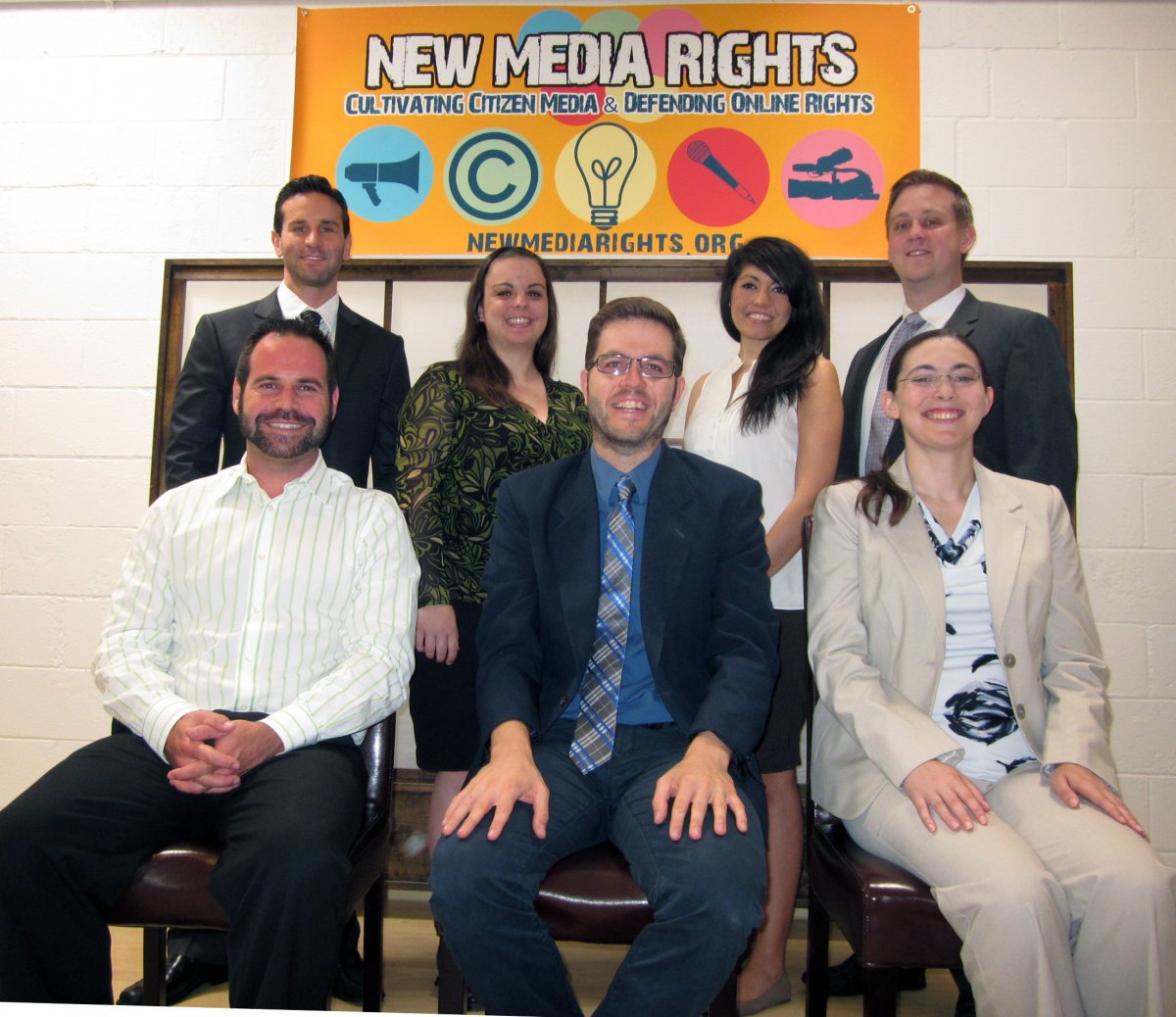
On July 31, 2013 The United States Department of Commerce, United States Patent and Trademark Office and National Telecommunications and Information Administration released a Green Paper on Copyright Policy, Creativity, and Innovation in the Digital Economy. On September 30, 2013 they released a request for comments on that paper. All three offices were particularly interested in how copyright law could be reformed to better promote the growing digital economy. The request for comments was incredibly broad and ranged from questions about the first sale doctrine as it relates to digital goods to the role of fair use in remix culture.
In our November 13, 2013 comment New Media Rights sought to address three of the most critical issues that affect the remixers, entrepreneurs, creators and internet users we work with every day. First, our comments addressed five key copyright law problems that need to be solved to help remix creators spend their time creating rather than fighting legal disputes including the current failure of 17 USC §512(f) to protect creators from content bullying. Second, we discourage the widespread implementation of intermediary licensing modeled off YouTube’s Content ID system because it is not, in fact, an intermediary licensing system. We also explain the implementation of such a system could be incredibly detrimental to users’ rights largely due to the lack of an effective appeals process and various design challenges in the system. Finally, we address the Department of Commerce’s question regarding how best to go about fashioning a multistakeholder process that would create a working set of best practices for the DMCA. We hope that our comments in these three areas will spark discussion and encourage badly needed copyright reform for the digital age. Our full comments are below.
Above all we hope our comment will spark discussion and encourage badly needed copyright reform for the digital age. This reform need not, and should not, take the form of any radical evisceration of copyright. At the same time, reform should not be used as an opportunity to continue unreasonable expansion of copyright law without concern for the collateral damage it causes to artistic progress, freedom of speech, and the intellectual enrichment of the public. Rather, much like one would tend to a garden, it is time we examine our current copyright law, remove the old weeds of law that no longer serve us, and plant the seeds of new law that will help to foster a new generation of artists and creators.
Thanks to legal intern Marlena Balderas for her assistance in drafting these comments.


